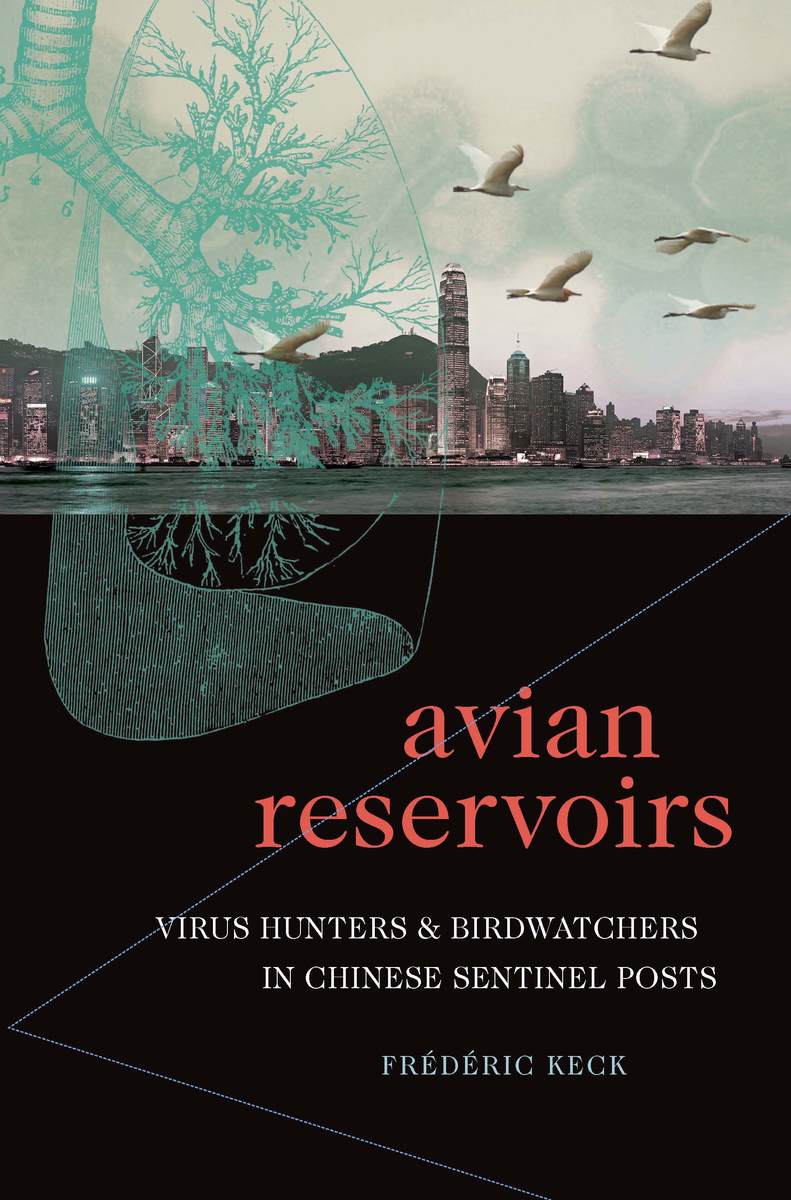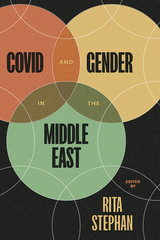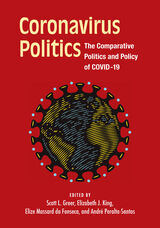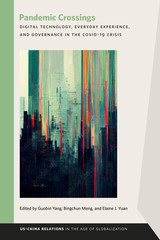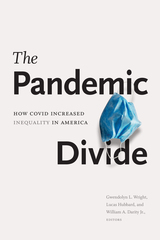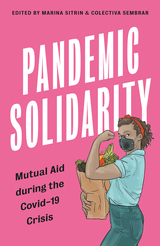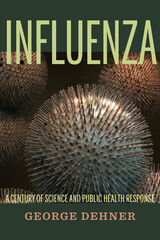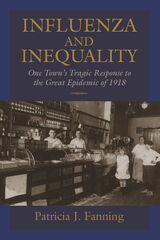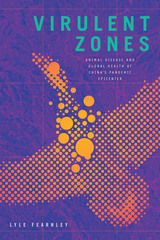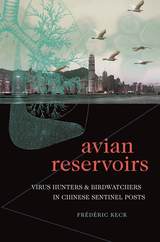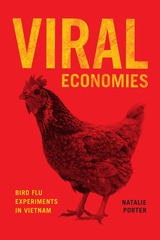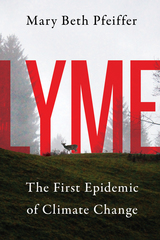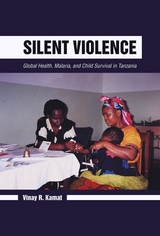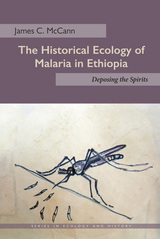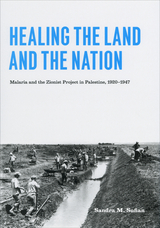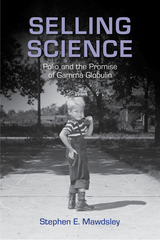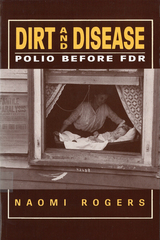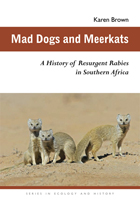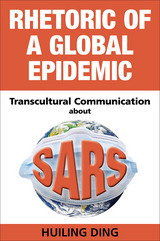Avian Reservoirs: Virus Hunters and Birdwatchers in Chinese Sentinel Posts
Duke University Press, 2020
Paper: 978-1-4780-0698-5 | Cloth: 978-1-4780-0613-8 | eISBN: 978-1-4780-0755-5
Library of Congress Classification RA644.I6K435 2020
See other books on: Avian influenza | Communicable diseases | Epidemiology | Human-animal relationships | Prevention
See other titles from Duke University Press
Paper: 978-1-4780-0698-5 | Cloth: 978-1-4780-0613-8 | eISBN: 978-1-4780-0755-5
Library of Congress Classification RA644.I6K435 2020
ABOUT THIS BOOK | AUTHOR BIOGRAPHY | REVIEWS | TOC | REQUEST ACCESSIBLE FILE
ABOUT THIS BOOK
After experiencing the SARS outbreak in 2003, Hong Kong, Singapore, and Taiwan all invested in various techniques to mitigate future pandemics involving myriad cross-species interactions between humans and birds. In some locations microbiologists allied with veterinarians and birdwatchers to follow the mutations of flu viruses in birds and humans and create preparedness strategies, while in others, public health officials worked toward preventing pandemics by killing thousands of birds. In Avian Reservoirs Frédéric Keck offers a comparative analysis of these responses, tracing how the anticipation of bird flu pandemics has changed relations between birds and humans in China. Drawing on anthropological theory and ethnographic fieldwork, Keck demonstrates that varied strategies dealing with the threat of pandemics—stockpiling vaccines and samples in Taiwan, simulating pandemics in Singapore, and monitoring viruses and disease vectors in Hong Kong—reflect local geopolitical relations to mainland China. In outlining how interactions among pathogens, birds, and humans shape the way people imagine future pandemics, Keck illuminates how interspecies relations are crucial for protecting against such threats.
See other books on: Avian influenza | Communicable diseases | Epidemiology | Human-animal relationships | Prevention
See other titles from Duke University Press
